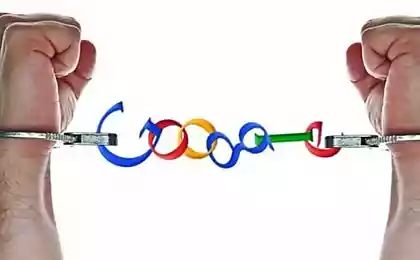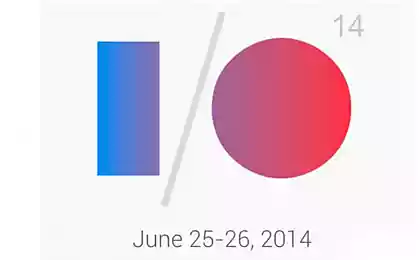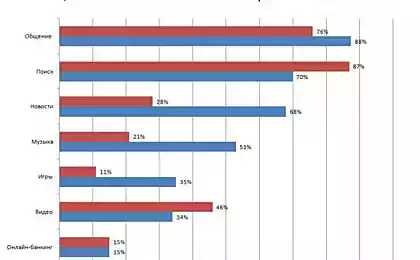279
Chrome at a crossroads: Google in the crosshairs

The U.S. Department of Justice’s Antitrust Agency asks to sell Chrome browser
The U.S. Department of Justice’s Antitrust Agency is once again in conflict with the IT giant Google. According to the latest reports of Bloomberg, the Agency plans to apply to the court with the requirement to oblige the company to sell its popular browser Chrome. The move is the latest in a long and complex trial that has already caught the world’s attention.
The Conflict Between Google and the Government
The litigation between Google and U.S. antitrust authorities began several years ago when the company was accused of using illegal methods to maintain its monopoly position in the search engine market. The previous trial ended on August 5, when a court found that Google had indeed engaged in anti-competitive practices.
“The court’s decision reflected the seriousness of the violations Google committed in an effort to maintain its dominant position in the search engine market,” said Dr. Elena Ivanova, an antitrust specialist.
Chrome Selling Requirement: What Does It Mean?
The antitrust agency’s request to oblige Google to sell Chrome could have far-reaching consequences for both the company and users. Chrome is one of the most popular browsers in the world, and its sale could impact the Google ecosystem as a whole.
- The decline of Monopoly: The sale of Chrome could help reduce Google’s monopoly on browsers and search engines.
- Competition: Increased competition can lead to improved quality of products and services offered on the market.
- Innovation: Separation of assets can stimulate innovation and development of new technologies among competitors.
Impact on the Google Ecosystem
Google is known for its integrated ecosystem of products, including the search engine, Chrome browser, Android operating system and many other services. Selling Chrome could disrupt this integration and change the way the company’s services interact.
- Facilitating integration: Without Chrome, Google may struggle to maintain close integration between its products.
- Loss of Users: Users who are used to Chrome can switch to alternative browsers, which will reduce the overall reach of the Google ecosystem.
- New opportunities: The company can focus on other key areas and products, opening up new opportunities for growth and development.
Consequences for Users
Google Chrome users may face a number of changes if the browser is sold. It’s important to understand how these changes may affect daily internet usage and interactions with Google services.
- Modification of functionality: The new Chrome owner could make changes to the browser’s functionality, which could both improve and degrade the user experience.
- Safety: Data security and privacy issues may become more acute, depending on the policy of the new owner.
- New Integrations: New integrations with other products are possible, which may be useful or undesirable for users.
Google's response to the allegations
Google has not yet issued an official statement on the new antitrust requirements. However, the litigation is already affecting the company’s strategy and its relationship with regulators.
“Google intends to actively cooperate with regulators and seek solutions that will be acceptable to all parties, including users and competitors.”
What to Expect in the Near Future:
- Google's official comments on the requirements.
- Further litigation and possible compromise solutions.
- Impact on the market of browsers and search engines.
- The reaction of competitors and the possibility of new players in the market.
- Changes in the privacy and data security policy.
Expert opinion
Antitrust and IT industry experts believe the move could set a precedent for other big tech companies. It is important to monitor developments and assess how this will affect the future of the digital market.
This is an important moment for the entire technology industry. The court decision in the Google case may set new standards for the interaction of IT giants with regulators — Dr. Alexey Nikolaev, expert on antitrust law.
Conclusion
The requirement of the antitrust office of the US Department of Justice to oblige Google to sell the Chrome browser represents a significant stage in the proceedings between the IT giant and the US authorities. This could have profound implications for the Google ecosystem, competition in the browser market and, of course, for users. It is important to keep a close eye on developments and be prepared for changes that could affect our interaction with the internet and digital technologies.
“The future of the digital market depends on how such cases are handled. This is a chance to set fairer rules for all market participants — Dr. Marina Kovaleva, IT and antitrust specialist.
Stay informed and follow the news to understand how these changes could impact your digital life.
S.T.A.L.K.E.R. 2: Between Legend and Censorship
More than half of Zumers consider criticism in their address at work a sign of personal dislike























